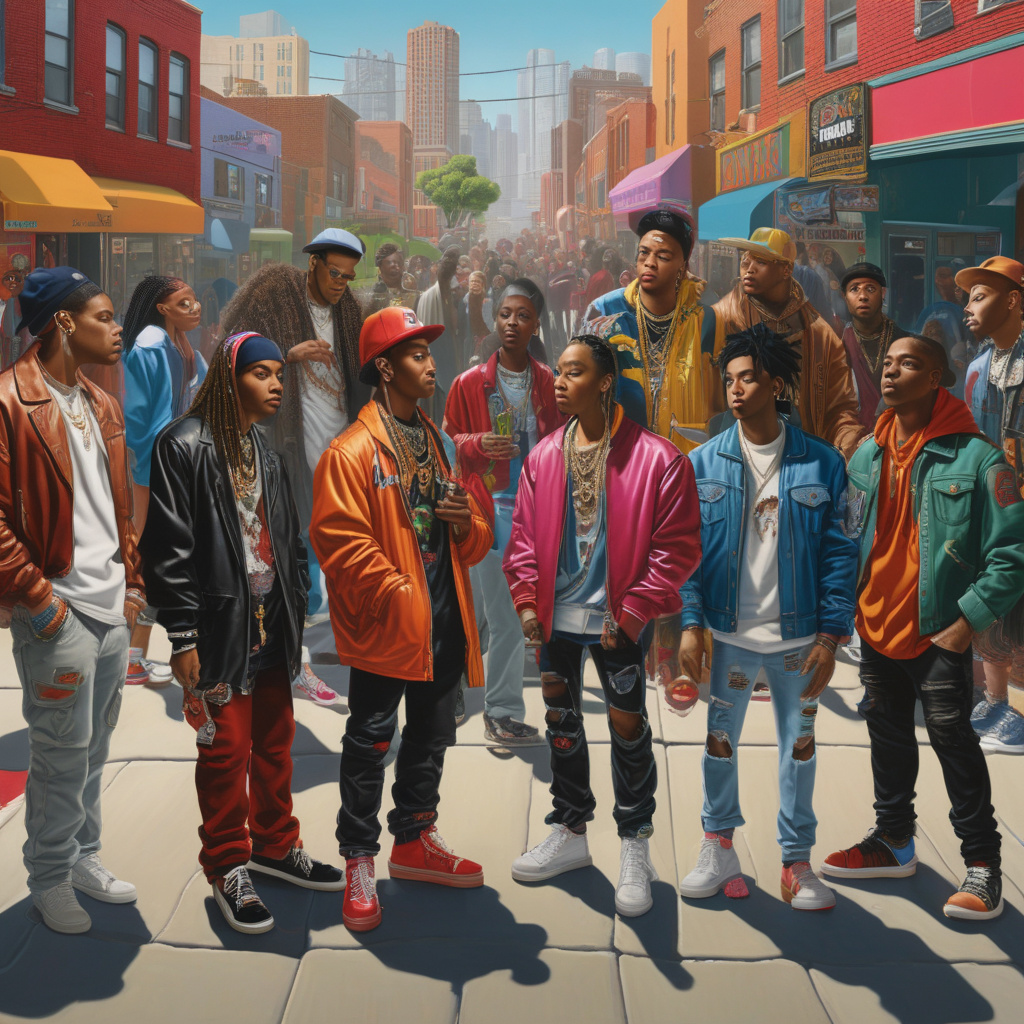Why Brands Are Tapping the ‘Cultural Capital’ of Musicians for Product Drops
In today’s fast-paced retail landscape, brands face the challenge of standing out amidst fierce competition. As consumer preferences shift and the demand for authentic experiences grows, many companies are turning to an unexpected source of influence: musicians. This strategic collaboration allows brands to harness the cultural capital of artists, leveraging their reach and reputation to create products that resonate with consumers.
One of the primary reasons brands are increasingly partnering with musicians is their ability to connect with audiences on a personal level. Musicians often command a loyal following, with fans viewing them as trusted influencers. By collaborating with artists, brands can tap into this existing relationship, creating a bridge to a new customer base. For instance, when Nike teamed up with rapper Travis Scott, the resulting sneaker drop sold out in minutes, showcasing the powerful influence that a musician can wield in the retail space.
Moreover, musicians embody a unique cultural narrative that can enhance a brand’s identity. An artist’s personal story, style, and ethos can infuse a product with authenticity and relatability. This is particularly important in an age where consumers prioritize brands that align with their values. In 2021, the partnership between Billie Eilish and Nike resulted in a sustainable sneaker line, reflecting both Eilish’s commitment to environmental issues and Nike’s push towards sustainability. This collaboration not only attracted Eilish’s fanbase but also positioned Nike as a forward-thinking brand in the eyes of environmentally-conscious consumers.
The rise of social media has further amplified the impact of musician-brand collaborations. Platforms such as Instagram and TikTok allow artists to showcase products directly to their followers, creating instant visibility and desirability. When musicians share their experiences with a product, it becomes more than just advertising; it transforms into a lifestyle endorsement. For example, when rapper Lil Nas X collaborated with Wrangler, promoting a line of jeans, the partnership was not just about clothing but also about a broader cultural statement on self-expression and authenticity.
Furthermore, the creative process involved in co-creating products can also lead to innovative offerings that resonate with consumers. Musicians often bring fresh perspectives that can challenge traditional product development methods. The partnership between pop star Ariana Grande and the beauty brand Revlon led to a makeup line that reflects Grande’s personal style, resulting in products that appeal to her fanbase while showcasing unique aesthetics that stand out in the saturated beauty market.
Additionally, these collaborations can create a sense of exclusivity and urgency. Limited edition drops tied to a musician’s brand create a buzz that drives demand. For instance, the collaboration between singer Bad Bunny and Adidas resulted in a sneaker line that sold out almost instantly. This not only generated revenue but also reinforced the idea that owning such products is a way for fans to connect with their favorite artists on a deeper level.
While the benefits of such partnerships are evident, brands must also navigate potential pitfalls. Authenticity is crucial; a misalignment between a musician’s values and a brand’s message can lead to backlash. For instance, if a brand known for luxury and exclusivity partners with a musician whose image is rooted in grassroots culture, the collaboration may feel disingenuous. Brands need to ensure that partnerships are not merely transactional but are grounded in genuine alignment and shared values.
In conclusion, as brands seek innovative ways to capture the attention of discerning consumers, tapping into the cultural capital of musicians offers a powerful strategy. By leveraging the influence, identity, and creativity of artists, companies can create compelling products that resonate with new audiences. As the retail landscape continues to evolve, these collaborations are likely to grow in popularity, reflecting the changing dynamics of consumer-brand relationships.
#CulturalCapital, #Musicians, #BrandPartnerships, #ProductDrops, #ConsumerInfluence
